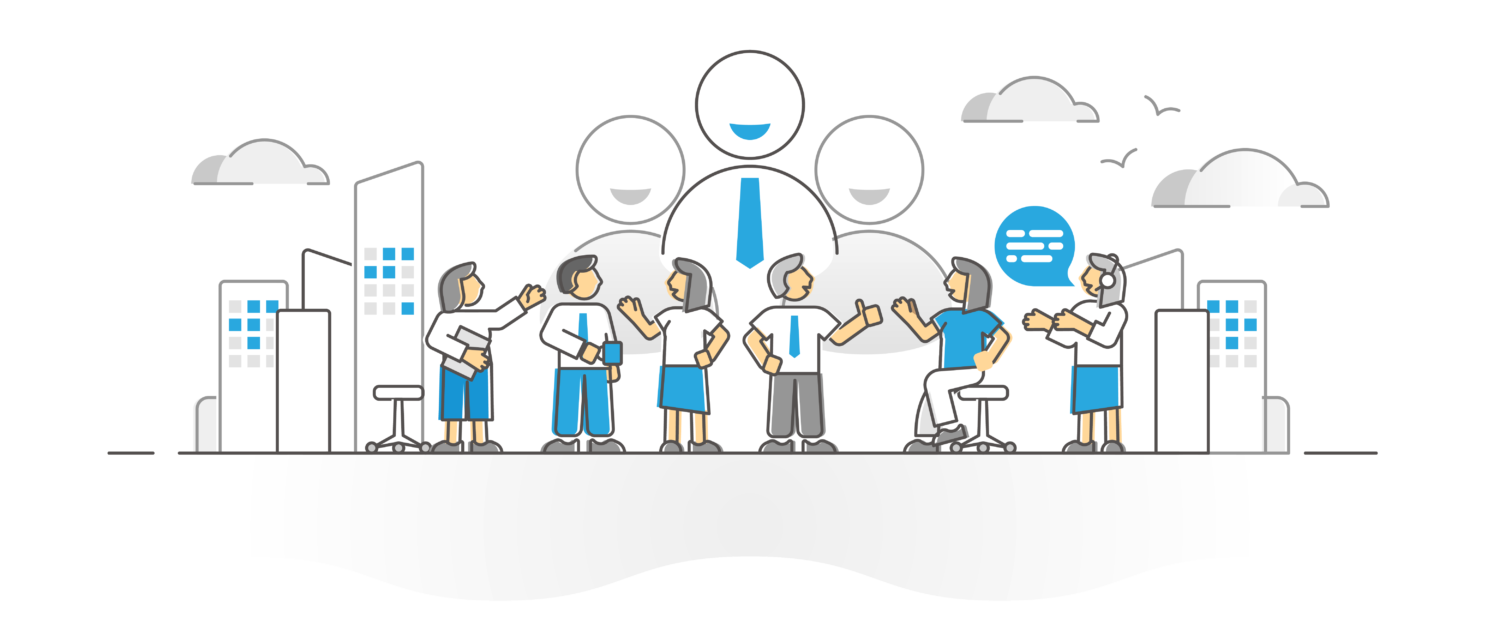Digital Transformation in HR
Business
Visit our socials
The current technological shifts are widely regarded as the fourth industrial revolution.
Artificial intelligence, automation, robotics process automation, and digitalization have given businesses a new lease on life, reducing costs and improving data-driven and efficient processes.
Digital transformation isn’t just a technical challenge; it’s also a people challenge. Organizations must be prepared to respond to this challenge as the digital economy evolves and the skills and expectations of the workforce shift.
The HR function has always been a vital cog in an organization’s machinery, and one of the function’s primary goals is to keep it well-oiled. Digital transformation has become even more important for HR leaders as the HR function has grown in importance as a strategic arm of the business.
Benefits of digital HR
Time/Leave Management
Manual time/leave management can be disastrous for any company. Digital HR can keep track of important data and manage leave requests, as well as track remaining leaves and automate the time/leave management process.
Information Management
Because all data is instantly accessible and up to date, digital HR simplifies the process of accessing all employees’ essential information, as well as decision-making. Employees want to be able to manage their HR data in the same way that they want to manage their professional emails and workload.
Employee access to confidential information, on the other hand, can be controlled to ensure that the right information is available to the right people at the right time. Maintaining all organizational data, information, and content in a single, secure location ensures that it is available at all times. Digital HR can also help with document management – the company can see what its employees are reading and improve productivity by reducing paperwork, accessing old documents, and archiving training manuals and handbooks.
Data & Analytics
Digital HR can measure areas like pre-selection, learning & development, and employee engagement as businesses begin to recognize the value data analytics can bring to the table. Learning to interpret this data can be extremely beneficial to the HR function. Predictive analytics tools placed at the disposal of the HR department can also aid in the improvement of HR processes and the satisfaction of employees.
Improving Employee Experience
The line between their professional and personal lives has blurred for millennials. They’ll check their social media accounts during business hours, but they’ll also check their work emails on weekends. As a result, they expect to be treated as customers, and they expect their employer to provide them with a similar digital work environment user experience. Slack, Yammer, and Workplace by Facebook are examples of enterprise social platforms that allow employees to collaborate closely on group activities and tasks while also keeping all users up to date on the latest developments.
Employee Development
Training and learning and development activities can be aided by digital HR. It can help with employee development, from training to performance evaluation. Regular appraisals improve employee morale and provide incentives to maintain high work standards – the software records the issues discussed, the feedback is given, and the goals/objectives you set together.


